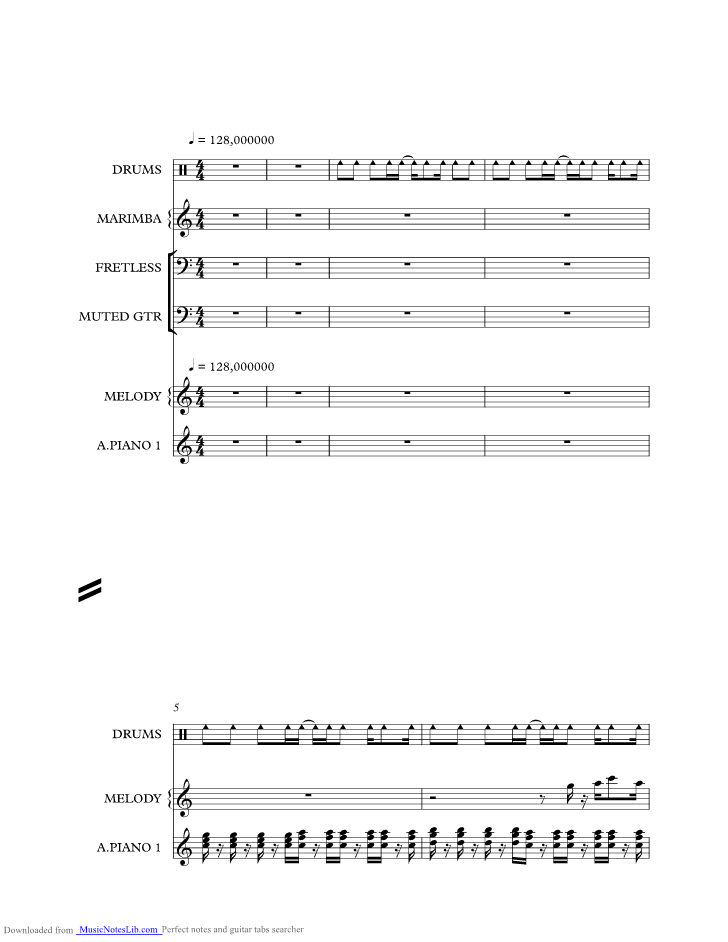

The Mexican-Dutch composer Waller states that together with Hartig, he learned how to build a well-designed musical statement, so the first mentioned composition is fascinating precisely because of the art of combining short ornamental rhetorical statements into a single whole. One is based on the motifs of the Mexican folk song When the Moon Rises (De Jaque, Sal, Gala y Luna is the original title of the composition) by Juan Felipe Waller from 1997, while the other, premiered The Music of Erich Zann by Florian Magnus Maier from 2022 it owes its title to a short story by H. Two more compositions for solo violin can be heard on Julia Hartig's compact disc. In all of the above, Hartigova showed mastery with unequivocally clearly highlighted characters, such as the dance that emerges after the epic storytelling in Guslarska, or the simple, nostalgic melody in the track A Song for Isidora by the Greek-Dutch composer Kaliopa Coupaki from 2020. As far as the performance of music for a solo melodic instrument is concerned, this is where the performer needs to show his skill, because by the nature of things, it is most difficult to create a narrative where the interpreter must simultaneously create a relationship between the accompaniment and the melody, build dialogues, connect melodic units and much more. Inspired by Hartig's Monologue, Rudolf Brucchi composed a miniature Guslarska for Julia Hartig in 1993, which also premiered at this edition. The second composition, Dialogues, indicates improvisations on a given theme, i.e., instrumental conversations between Tibor and Julia Hartig are recorded through three movements in a way that would be the closest to the original jam session, as stated by the artist herself.
#Limbo music free
A monologue is a set of interrupted verbal statements that move in free directions, skillfully combined into a whole through interpretation. In this edition, two of his compositions, Monologue for solo violin from 1993 and Dialogues for violin and cello from 1990, both written for Julia Hartig, were premiered.

Tibor Hartig, Julia Hartig's father, was a cellist and composer, a prominent musical personality of Novi Sad.

Like the intro track to a rock album, it's actually a simple prelude to the dramatic performance that follows. If Gustav Mahler's adagios are synonymous with sentimentalized lyrics burdened with a sense of melancholy, then the same could be said for the homage to the aforementioned composer, with the title track indicating just one of the many characters presented on the release. The eponymous composition that opens the release, Dark velvet by Isidore Žebeljan, was written in 2006 for piano and is presented on the album in an arrangement for violin and piano by Veljko Nenadić, from 2021. Reineke Broekhans, piano, and Maja Bogdanović, cello, participated in the interpretation of these stories. And indeed, nostalgia is the basic feeling that permeates the album, where all the works are performed like suggestive stories, episodes from one life. It contains compositions by contemporary domestic and foreign authors who were important to this violinist during her artistic career, which is what the subtitle, musical autobiography, also speaks about. MUSICAL LIMBO - Music criticism and writing about music Review of Julia Hartig's Dark Velvet CD, 01-08-2022ĭark Velvet is the name of a CD by violinist Julia Hartig.


 0 kommentar(er)
0 kommentar(er)
